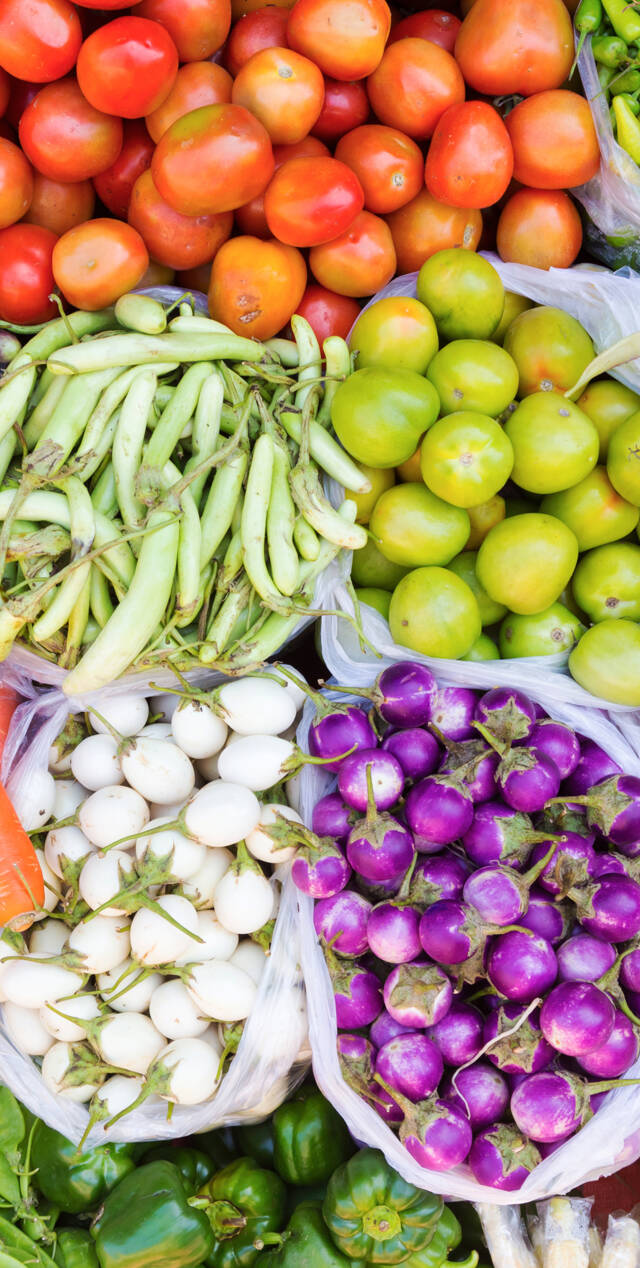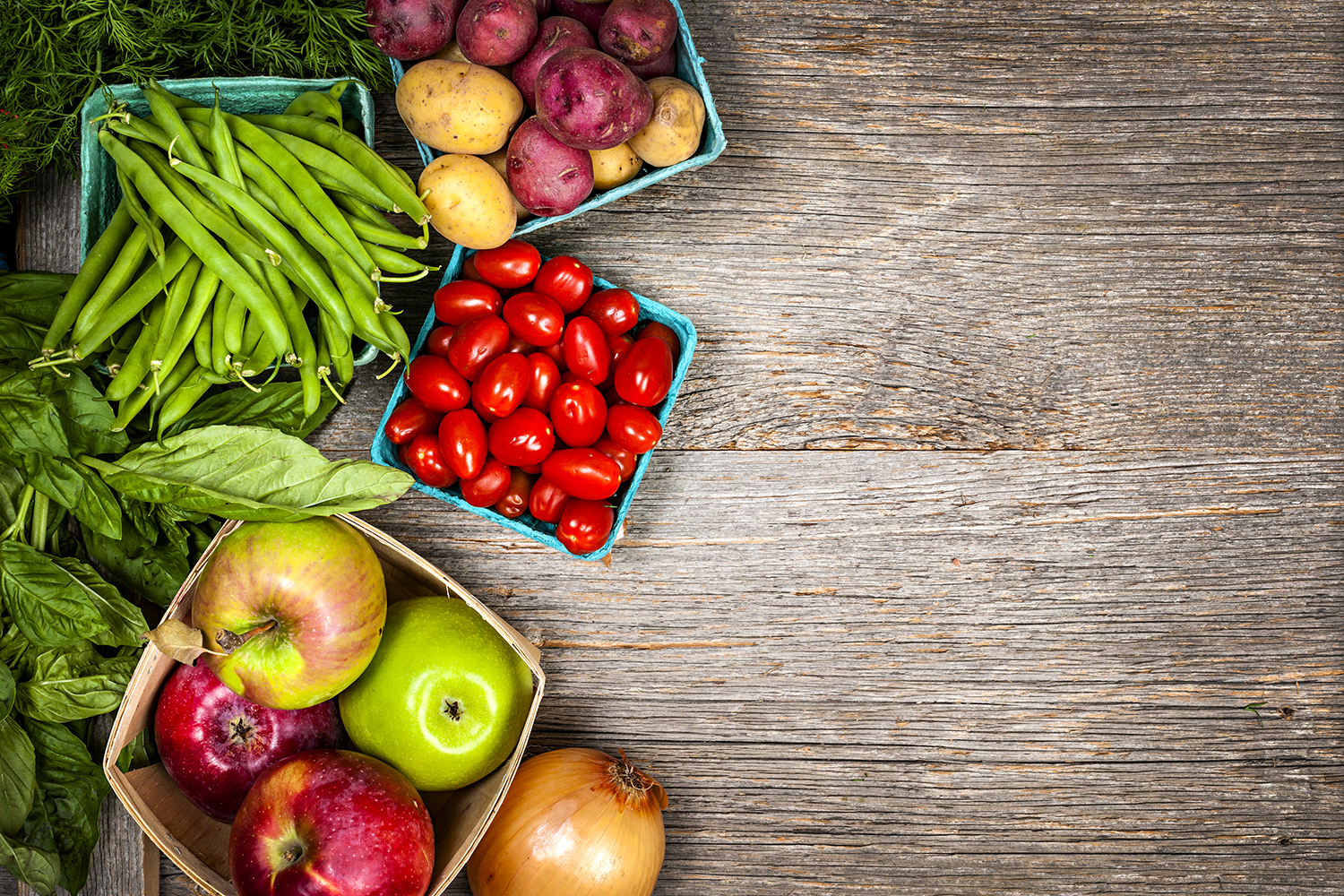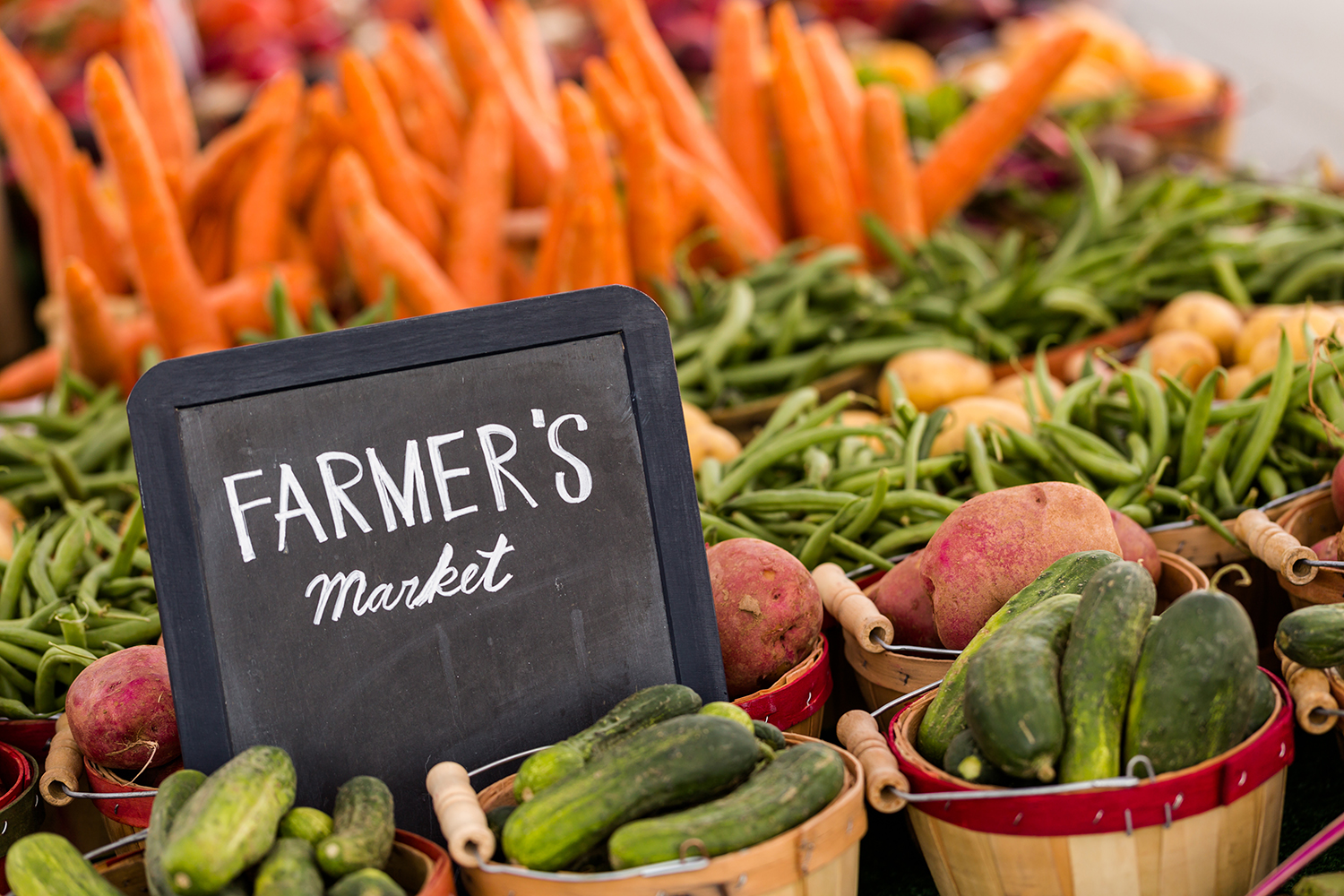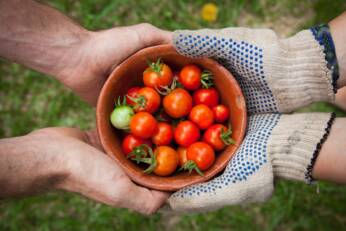
Can you recognize real organic?
5 suggestions for choosing the best food to live healthily.
It has now been established that basing personal diets on organic products is a choice that leads to many advantages, for the health of those who consume it and for the environment in general. Sadly however, more companies use terms such as “bio” “biological”, “natural” and “organic” in their communications and these create confusion and foster a superficial approach to what has become more of a fashion rather than a true lifestyle choice.
Subsequently, the first distinction to be made is in the terminology: in European Union countries food can use the EU “organic” logo only if all the players involved in the production and distribution of the products (farmers, processes, distributors, retailers and importers) respect the strict European regulations. The certification process is very rigorous and must be constantly renewed. The operators send a notification to the authorities responsible for the biological checks in their respective member countries with a description of their activities and will subsequently be visited by the authorized bodies for the checks. If the outcome is positive, they receive a certificate and can sell the products as organic but they must be checked at least once a year to ensure compliance with regulations for the sector.
The main regulations include:
•That synthetic pesticides and fertilizers are not used in the production process and that only a few natural pesticides are accepted;
•Breeders cannot use feed which contains substances that artificially increase the rate of growth of animals
•The livestock is born and raised in biological facilities and have access to enough space and the number of animals must be limited
•All GMOs are forbidden
•At least 95% of the ingredients used must in turn conform to the biological standards.
The second step to increased awareness is to understand why to choose organic. Thanks to the various methods of cultivation compared to their industrial counterparts, organic food is tastier and more nutritional. Organic fruit and vegetables contain more polyphenols and important minerals compared to those of mass production. Polyphenols are important because they have antioxidant, anticancer and anti-inflammatory properties, especially in the peel that is not treated chemically. The same applies to animals, eggs, poultry and animals in general.
In order to be considered organic they must not have been given antibiotics or growth hormones, as well as not having received biotechnological and ionic irradiation procedures. Biological agriculture – as well as breeding – also guarantees the protection of local varieties and the absence of pesticides and heavy metals brings about lower consumption of water, fossil fuel and green house gas emissions.
Therefore, if you choose to buy organic here are some easy – but efficient – rules for recognizing and choosing real organic ingredients in products.
It is all in the label
The data and the information shown on the label guarantee that the product is produced organically. In fact, by law the term “organic” is set in the denomination of the product only if 95% of the ingredients contained in it are truly organic. In some cases it is even possible to find the name and the indications of the whole production chain which brought the product that you are buying from its cultivation right up to when it is in your hands.
Choose by proximityBuying “zero kilometre” certainly helps to stick more consistently to the philosophy of organic and not to fall into any traps of communication. Therefore, choosing products from close to the place of consumption – when they are available – is an excellent strategy. It allows you to recognise the producer, find out how the producer looks after its products and, with a short supply chain that eliminates some passages of packaging and transportation, we look after the environment.
No additives
Basically, an organic product should not have any, but at times their use is required in any case. One example above all is organic wine for which the use of sulphites is at the discretion of the producer. Generally however, it is always better to choose products that have no additives because in this way we will be sure that they are truly organic.
Look for them in the supermarket Thanks to increased interest in organic products by a large portion of consumers, the ease of finding it has also grown. No more small shops hidden in the maze of city. They are now finally available also in the large retailers which have created various organic product lines, for which, even in this case, choosing local products or from small companies which have become part of the big circuit will let you choose safely and with peace of mind.
Store them at their best and eat them quickly Finally, preparation in the kitchen must respect and also increase even more all the good properties of organic products. Whether they are fruit, vegetables, meat or eggs, it is important that the moment they come into the kitchen and the stove is turned on that they do not lose all their efficiency. Using high quality refrigerators, such as the KitchenAid Vertigo series which maintains stable humidity and temperature, is one of the key passages for storing food better and for longer.
Related Articles










